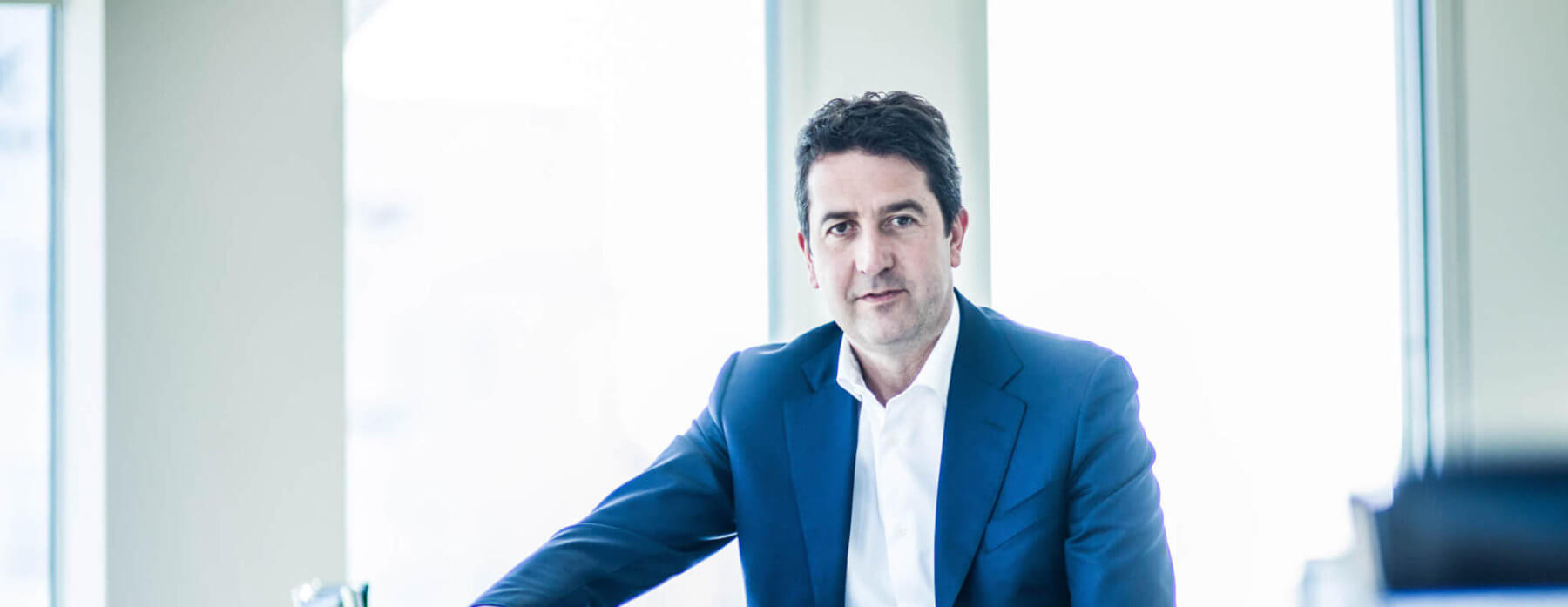Vittorio Bonori, Zenith’s Global Brand President, talks to Media and Marketing Poland magazine about pitching, the busy year ahead and the transformation in our industry today.
Let’s start with the issue of agency payments. Media agencies in Poland are still working on small commissions and AVB (agency volume bonification). As an agency, are you striving for changes towards better transparency?
This is an important issue nowadays, in the era of agency transformation. Our fees are changing as a result of the expanding range of services. The majority of our turnover still comes from fixed agency fees as well as AVB, which we are completely transparent about. AVB may make up part of our fees – we always agree on this issue with each of our clients individually. Recently, more and more clients want to settle accounts with us on a cost-per-sale basis, which is perfectly understandable, because the job of agencies is to transform the client’s business and generate sales growth. This is also close to our positioning – Zenith is the ROI agency. In addition to selling services, we also sell real products – platforms, surveys – which also affects our fee increases. The changes are ongoing and it will take us some time. It’s difficult to determine when this process will end – perhaps it never will? We are learning the valuations of our projects on an ongoing basis, even in the fields of consulting and research.
Agencies’ role is to transform the client’s business and generate sales growth”
At the moment, we have a lot of pitches at a global level. What are the differences between preparing for international and local pitches?
The approach to both cases is very similar. The most important thing is to understand the challenge that the client is presenting us with. Clients are a bit scared of impending transformations. In the automotive sector, it’s not just about selling cars, but also related services. It’s similar in pharma – we go from selling medicines to an individual health offer for the client. Therefore, agencies need to have a good knowledge of product categories and related sales proposals. This is our main task in pitches, regardless of their scope. The only difference that I notice is the brief itself, which describes the global structure of the client in a different way, at the level of headquarters, hubs and local markets, as well as the client’s needs. In pitches with a smaller scope, it’s easier to figure things out.
Are you participating in the largest pitches currently taking place?
Of course, but at Publicis Media level as a whole. This is predicted to be another explosive year in terms of media reviews. We are already preparing for the largest pitches, which will be launching in the second or third quarter of the year at the latest. Companies in the automotive, telecommunications, drinks and snacks, and pharma sectors will be reviewing their media budgets. This means that we’re going to be very busy this year!
How do you build pitch teams for the biggest competitions?
These teams should be built as a mirror image to the client’s structure. If it’s highly centralised, then you should build the team in a similar way. Marketers with few local resources won’t want us to build teams at a national level. They expect service at the highest decision-making level, from which they will spread their services to their key markets or service hubs.
WPP and Publicis Groupe have recently reduced their number of agencies. We’re hearing more and more that advertising companies will be striving to do the same. What is this the future for these companies?
Publicis Groupe has already undergone reorganisation. The result of these changes was the creation of Publicis Media, but I would like to emphasise that this structure was established to strengthen the power of the agency brands. After all, they are responsible for customer service, new business and product architecture. Each of our agencies is unique. Each has its specificity depending on the market. Our global agencies are Zenith and Starcom. Spark is more focused on the US and Blue 449 has a more regional character. In spite of discussions on the centralisation of media budgets, it must be remembered that clients still have big problems with competing companies within the same agencies. Therefore, the maintenance of a broader agency portfolio should still be considered. In tenders, we often encounter a situation where the client wants to work with selected agencies and others are not even considered. Marketers have a very clear opinion of us.
Media agencies are no longer the dream workplace for young people. Increasingly, they’re choosing start-ups or technology corporations. How are you dealing with this situation?
It’s quite a puzzle – after all, agencies are highly technological companies nowadays. We employ engineers, statisticians, data analysts and researchers. Because of how the media agency market looks today, people with specialist skills will find work in agencies without much difficulty. It is true that ten years ago we were simply just planning and buying media. However, today the scope of our responsibility towards clients has expanded significantly. We need science graduates who are able to easily navigate analytical and technological problems. Internationally, we don’t see university graduates being reluctant to work with us, because there is so much opportunity!
Today, the scope of our role and responsibility towards clients has expanded significantly.”
Finally, let’s address another issue. I’m thinking of the recent events with Facebook, which has been grappling with the issue of data leakage. How did you react to this, and what do you recommend to your clients?
Facebook behaved very professionally when the eyes of the media world zoned in on this problem. We received immediate assurance from Facebook that our clients’ businesses were not under threat and that we were still cooperating under the same conditions. With the help of Facebook’s client teams, we are explaining to our clients that there is no need to worry. One of the pillars of Publicis Media is trust – for our external partners, as well as trust from our clients. We believe that ‘dataleaks’, as this scandal has become known, will end soon and we will be able to continue our activities on Facebook in accordance with the principles of running a transparent business for our clients.




